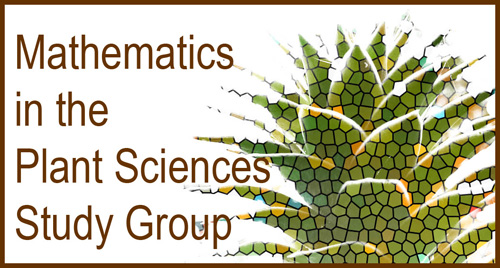All this week, the GARNet team have been busy with our Data Mining with iPlant workshop – though the iPlant team Dan Stanzione, Matt Vaughn, Naim Matasci and Jason Williams have certainly been even busier, training and coding new training materials by turns throughout the week.
You can see what we’ve been up to and even use the tutorials on the Data Mining with iPlant wiki page, set up by the iPlant guys for the workshop. Delegates have gone through real-time training in CHIP-seq and genomic interval analysis, examining differential expression in within an RNA-seq dataset, and been introduced to using iPlant for GWAS.
As I type, delegates are huddled in small groups while the iPlant team give advice about their particular challenges – as you can see on the wiki, most of the delegates have RNA-Seq data to analyse but others are looking at genome data or CHIP-seq.
The workshop was held in the Interactive Computational Learning Suite at the University of Warwick’s School of Life Sciences. (more…)













